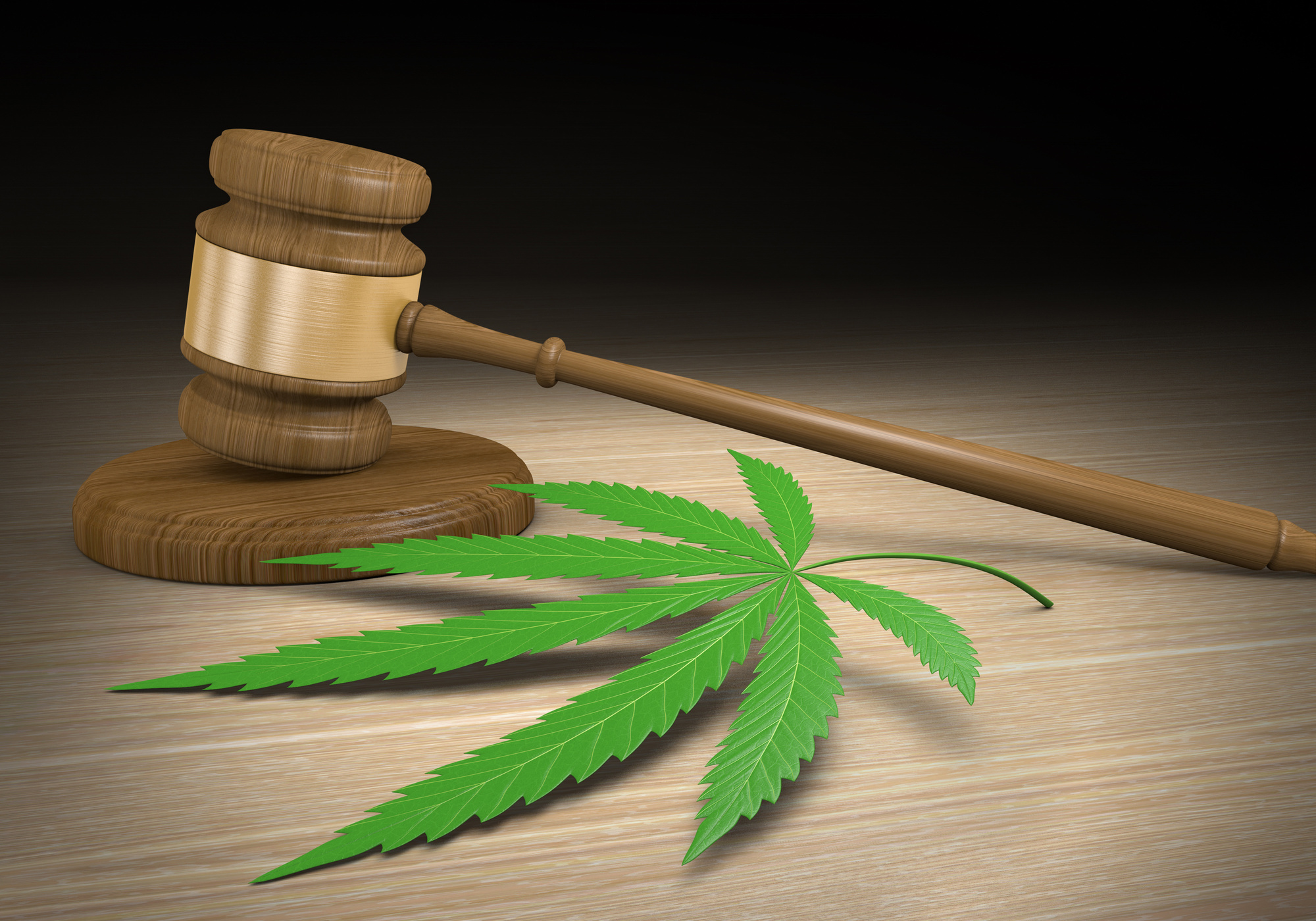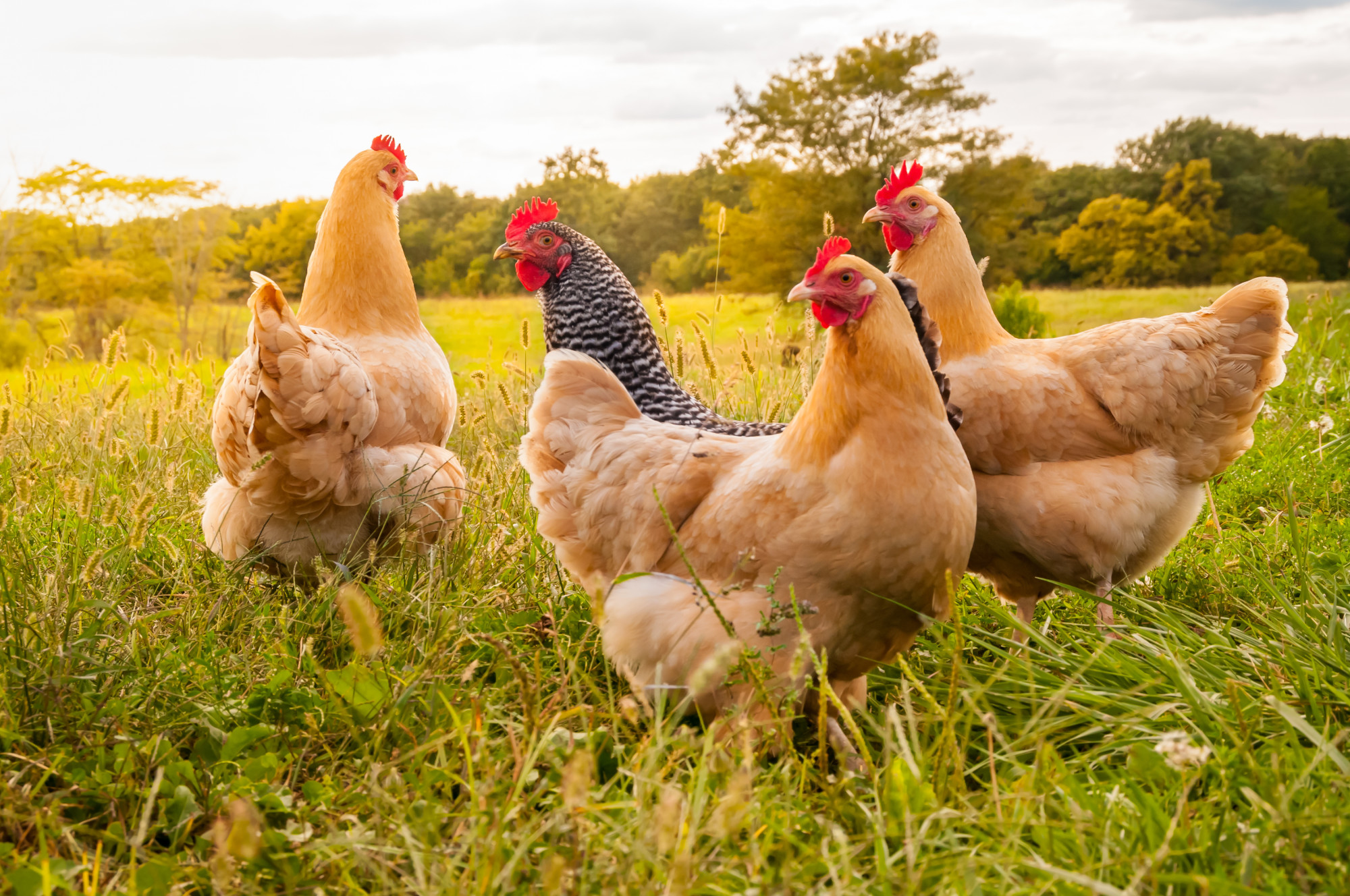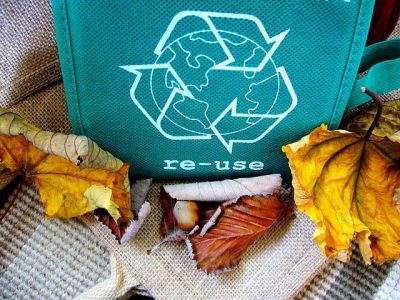Colorado became the first state to legalize marijuana in 2012. Many states have followed suit. It is now legal for recreation in nine states and for medical needs in thirty.
Many articles have come out about the legalization of weed helping the economy. It is also known to help individuals’ health.
But did you know the legalization of marijuana can help the health of Mother Earth, too? Scroll down to learn more about how legalized weed would do its part.
The Legalization of Weed Can Reduce Carbon Emissions
Let’s pretend weed legalization happened nationwide. This would mean there would be no need for smuggled marijuana to come across the border. Research shows cartels use generators and diesel storage tanks to preserve their plants.
Like cartels, growers rack up an enormous carbon footprint. Growers, both legal ones and illegal ones, grow most of their plants indoors. This means that the plants have to be grown by artificial light.
If weed was grown like most other legal plants and outdoors, it could rely on natural sunlight and other forms of renewable energy. It would not have to rely on other forms of energy consumption that emit harmful gases.
Illegal growers and operations can deplete forest lands and ecosystems. Several growers strip lands and use pesticides to protect their weed. The more states that legalize weed, the less strain there would be on public land.
If growers do not need to hide it, state governments can aid in growing marijuana. They can do this with the environment in mind. They could see where the plant excels and leads to biodiversity.
Opening the Gate to the Legalization of Hemp
National weed legalization would make access and the mass production of hemp a likelihood. Hemp is much lower in the psychedelic active in marijuana: Tetrahydrocannabinol (THC).
Hemp is in the Cannabis plant family. It is already used to make CBD oils, which are already used in the healthcare system for a variety of ailments. For example, Wellspring CBD.
There are several resources that say hemp use is for many purposes. It could help meet growing domestic fabric [fibers] and fuel needs. All the fabrics and fuel derived from hemp are carbon neutral.
Hemp in any form would not contribute to global warming. If anything, hemp could aid in the mitigation of rising temperatures.
It could make our agricultural needs greener by replacing fossil fuels. Hemp grows fast without the need for pesticide or fertilizer too. It could also cut down on our reliance on plants that need lots of chemicals to grow (i.e., cotton).
Marijuana Leads to More Green for Everybody
If marijuana were legal, it could be better regulated. It can help ecosystems and increase biodiversity. Hemp can replace fuels and fabrics and replace the harsh ones used right now.
The legalization of weed country-wide is a good call for the environment. It is a great call for the ecosystems in the United States.
Do you have any questions or comments on living a greener life? Please feel free to contact us!










